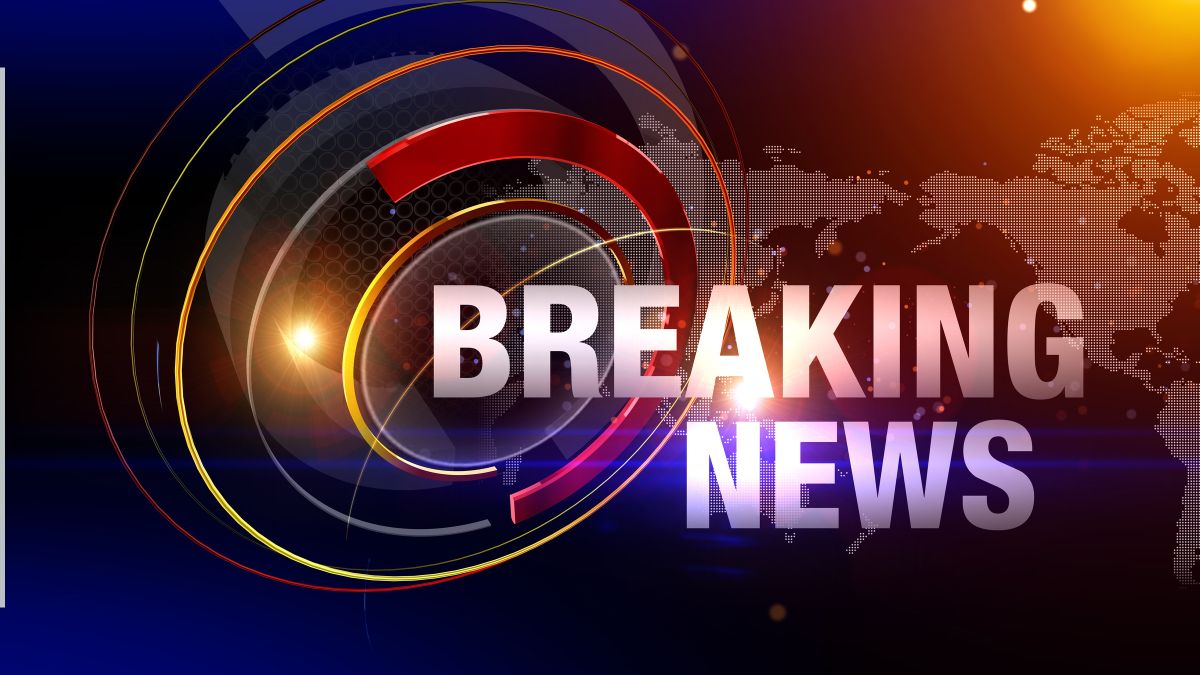Tensions in the Middle East soared this week following a series of targeted Israeli airstrikes on Iranian nuclear facilities. The operation, which focused on key infrastructure tied to Iran’s nuclear and ballistic missile programs, marks a significant escalation in the long-standing conflict between the two nations. The strikes were described as a preemptive move to curb Iran’s suspected ambitions to develop nuclear weapons — ambitions Israel considers an existential threat.
One of the most high-profile reactions came from former U.S. President Donald Trump, who praised the attacks in a televised interview, calling them “excellent” and hinting at further actions ahead.
Pope Leo XIV’s Return to Traditional Papal Fashion: A Symbol of Change or Continuity?
Trump: “Israel Had No Choice”
In an interview with ABC News’ Jonathan Karl, Trump justified Israel’s decision to strike, claiming that diplomacy had failed. “We gave them a chance, they didn’t take it. They became a threat, and Israel had to respond,” he said.
Trump stopped short of confirming any U.S. involvement in the strikes but made clear his support for Israel’s actions. Meanwhile, the Biden administration quickly distanced itself from the operation.
The Targets: Iran’s Nuclear and Missile Infrastructure
The airstrikes, which occurred early Thursday, reportedly hit multiple nuclear sites and ballistic missile facilities across Iran. According to Israeli officials, the goal was to disable Iran’s capacity to enrich uranium — a critical step in nuclear weapons development. Prime Minister Benjamin Netanyahu confirmed that the attacks were aimed at halting Iran’s ability to mount nuclear warheads onto its missile systems.
Netanyahu described the strikes as necessary, citing intelligence reports indicating Iran had stockpiled enough highly enriched uranium to build several nuclear bombs. “We had to act before it was too late,” he said.
U.S. Government: “No Involvement in the Attacks”
As speculation mounted over American complicity, U.S. Secretary of State Marco Rubio issued a public statement clarifying the nation’s position:
“Israel took unilateral action against Iran. The United States was not involved in the planning or execution of the strikes. Our priority is to safeguard American personnel in the region.”
Despite Rubio’s efforts to contain the diplomatic fallout, the situation has raised concerns in Washington over the risk of broader conflict and the potential for retaliation against U.S. assets in the region.
Geopolitical Stakes: Nuclear Talks and Regional Stability
The timing of the attacks is especially volatile, coming just days before scheduled nuclear negotiations between the U.S. and Iran in Oman. Trump, who once touted the prospect of a renewed nuclear agreement, admitted that Israel’s intervention may complicate diplomatic efforts.
“I wanted a deal. I still believe we were close to one,” Trump stated. “But this changes everything. I worry the window for diplomacy may be closing.”
The strike has injected uncertainty into the ongoing negotiations, with Iran accusing Israel of sabotaging peace efforts and vowing to retaliate.
Iran Promises to Respond
Iranian leaders have condemned the airstrikes as a direct violation of their sovereignty. Military commanders warned of “severe consequences” and pledged to respond at a time and place of their choosing. With retaliation likely, fears are growing that the region could tip into a broader military conflict involving regional and global powers.
Political Fallout in Washington
Back in the U.S., Israel’s decision to act unilaterally has sparked debate on Capitol Hill. Several lawmakers are reportedly questioning whether the Biden administration had prior knowledge of the attacks and why stronger deterrents weren’t in place to prevent escalation.
While Trump and other Republicans celebrated Israel’s bold move, critics have warned that endorsing unilateral strikes could weaken America’s position in the nuclear negotiations and increase the likelihood of another protracted Middle Eastern war.
What Comes Next?
With Iran signaling retaliation and the U.S. walking a diplomatic tightrope, the world is watching with bated breath. Will the Israeli strikes mark the beginning of a larger regional conflict, or will cooler heads prevail?
The coming days will be critical in determining whether the nuclear talks in Oman can proceed under such intense geopolitical pressure. For now, the Middle East remains on edge, and the potential for further military escalation is dangerously high.
Meta Description:
Israel has launched airstrikes on Iran’s nuclear sites, sparking fears of wider conflict. Former President Trump praises the attacks as tensions rise across the Middle East.
SEO Keywords:
Israel Iran conflict, Israeli airstrikes 2025, Trump Iran response, Middle East tension, Iran nuclear program, Israel defense, US Israel Iran relations, Netanyahu Iran, Iran retaliation

